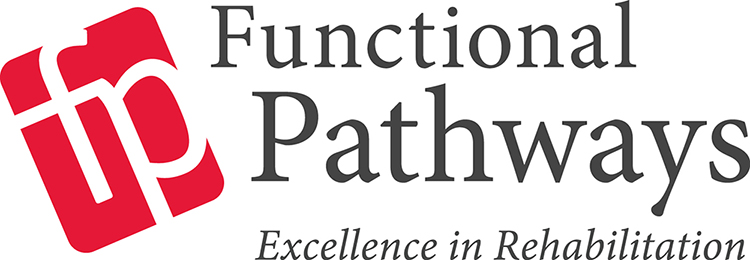It’s easy to say that you’re there for a friend through challenges. But how do you help them with a challenge that you don’t understand? Obsessive Compulsive Disorder (OCD) is a much talked about, but often misunderstood condition that may control much of your friend’s life.
Here’s a few tips on how to help someone with OCD:
Understand the Condition
Becoming familiar with obsessive compulsive disorder is your first step toward helping. Learn a bit about the condition and speak with an expert. OCD is an anxiety disorder that involves repetitive, intrusive thoughts and behaviors, such as counting, checking or washing things to fulfill a personal sense of comfort. About 1 percent of American adults have this condition, with about half of these people experiencing severe symptoms, according to the National Institute of Mental Health.
Make Sure Your Help is Productive
You might think you’d benefit your friend by helping to complete these tasks — such as checking locks for them — but this only encourages the compulsion. And it isn’t productive in the long run. Instead, be attentive to your friend and watch for any changes in behavior. Call often to see how they’re doing. Do some enjoyable and stress-reducing activities together, like Pilates, nature walks, shared hobbies and watching funny movies.
Listen and Encourage
Good listening skills are always important in friendships, but even more so when figuring out how to help someone with OCD. Listen to your friend talk about the condition. Ask open-ended questions: “How does it feel to deal with these habits?” “How can I best support you?” and “What do you need from me?” Don’t give unsolicited advice, but feel free to offer ideas if asked. Strive to be kind, patient and sympathetic.
As is the case with any personal issue, keep whatever you discuss with your friend private. It could be devastating to them if they were to discover you told someone else about their personal struggles. It can also ruin their trust in you and even the friendship itself.
Avoid Passing Judgment
Accept your friend without judging or criticizing. It’s difficult enough to struggle with OCD, but even more so when they’re also fighting negativity from you.
Promote Access to Resources
Encourage your friend to seek clinical resources, such as health practitioners who have expertise in working with those who have OCD. Offer to make phone calls or send emails to find the best type of help, and go with them to counseling or support appointments if they’re not comfortable going alone.
Without minimizing their struggles, keep a positive attitude when interacting with your friend. There is always hope for improvement, especially when a support system is in place. Even if you can’t make the challenges go away, you’ll offer comfort by reminding them they’re not alone.
Tina Jackson
VP of Human Resources


Comments (0)